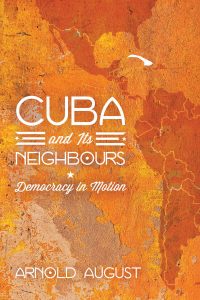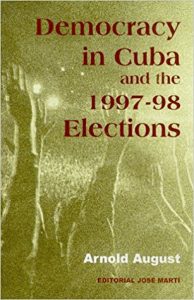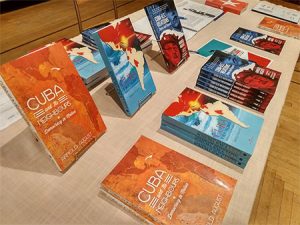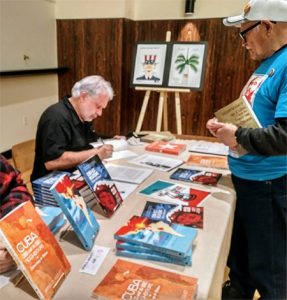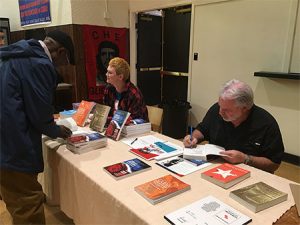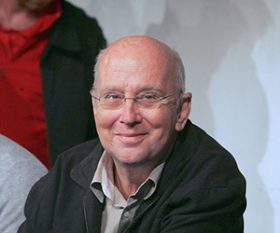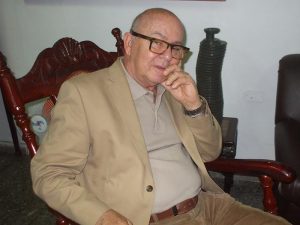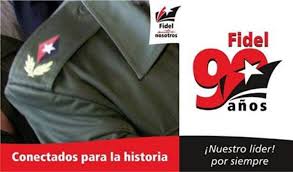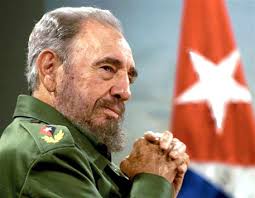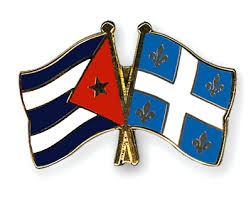Program Gira de Presentación del libro RELACIONES CUBA-ESTADOS UNIDOS: ¿Qué ha cambiado? (Editorial Oriente.) Por el canadiense Arnold August. Semana número dos: lunes 1 octubre-jueves 4 de octubre.
Los 2 semanas organizadas por Editorial Oriente, Instituto Cubano del Libro, Ministerio de Educación Superior (MES), y la Distribuidora Nacional del Libro.
Lunes 1 de octubre 2 pm.
ESCUELA SUPERIOR DEL PARTIDO NICO LÓPEZ.
Moderadora :
Rectora MsC. Rosario Pentón Díaz
Presentador:
Luis Toledo Sande.
Martes 2 de octubre, 10 am.
UNIVERSIDAD CAMILO CIENFUEGOS MATANZAS.
Moderador:
Dr. C. Miguel A Aldama, J Dpto. Historia y Marxismo, Universidad de Matanzas
Presentador:
Rafael Cervantes, Director Nacional de Marxismo, MES.
Miércoles 3 octubre, 2 pm.
Instituto Superior de Relaciones Internacionales “Raúl Roa García.”
Presentadores:
Isabel Allende Karam, Rectora.
Gerardo Hernández Nordelo, Vice Rector y Héroe de la República de Cuba.
Jueves 4 de octubre, 2 pm.
UCI.
Moderadora:
Rectora Dra.C. Miriam Nicado García.
Presentador:
Luis Toledo Sande
Primera semana ya se presentó en:
- SÁBADO DEL LIBRO, 22 de septiembre, moderadora: Nancy Hernández, vicepresidenta del Instituto Cubano del Libro, presentador: Luis Toledo Sande.
- MINISTERIO DE EDUCACIÓN SUPERIOR (MES), 25 de septiembre. Invitado por la Viceministra de Educación Superior de Cuba, Aurora Fernández y Yusmila Zamora, Relaciones Internaciones del MES.
- MUSEO DE LA DENUNCIA, 26 de septiembre, moderador: Andrés Zaldívar. presentador: Ricardo Alarcón de Quesada.
- UNIVERSIDAD DE LA HABANA, FACULTAD DE COMUNICACIÓN, 27 septiembre. Organizado por la Facultad de Historia y Filosofia, Ciencias Politicas, el Centro de Estudios Hemisféricos y sobre Estados Unidos de La Universidad de La Habana y la Facultad de Comunicación de la Universidad de la Habana.
Por más información, se pueda contactar a Arnold August por su Facebook MESSENGER.

